Being prepared for emergencies is critical to protecting your health and well-being. Whether you’re dealing with a medical emergency, natural disaster, or other crisis, having access to critical resources and information can make a big difference in your capacity to respond successfully. In this thorough guide, we’ll look at a variety of disaster preparedness ideas and resources, including healthcare services and public safety alerts, to help you keep safe and informed in times of need.
Hospital and Clinic Location
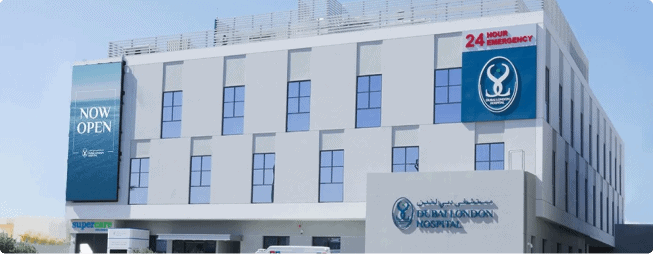
London is home to some of the world’s leading hospitals and clinics, offering a wide range of medical services from general healthcare to specialized treatments. Below are some key hospital and clinic locations across London.
◆ Major hospitals
- St Thomas’ Hospital
- Location: Westminster Bridge Road, SE1 7EH
- Services: Offers a full range of medical services, including emergency care, surgery, maternity services, and specialized clinics.
- Website: St Thomas’ Hospital
- University College Hospital (UCH)
- Location: 235 Euston Road, NW1 2BU
- Services: Renowned for its cancer treatment, emergency services, and women’s health care.
- Website: University College Hospital
- The Royal London Hospital
- Location: Whitechapel Road, E1 1BB
- Services: One of London’s largest hospitals, offering trauma care, general surgery, and a range of specialist services.
- Website: The Royal London Hospital
- King’s College Hospital
- Location: Denmark Hill, SE5 9RS
- Services: Provides comprehensive services including emergency care, cardiology, and liver transplants.
- Website: King’s College Hospital
- Chelsea and Westminster Hospital
- Location: 369 Fulham Road, SW10 9NH
- Services: Offers a wide range of services including HIV care, maternity, and pediatric services.
- Website: Chelsea and Westminster Hospital
◆ Specialized Clinics
- The London Clinic
- Location: 20 Devonshire Place, W1G 6BW
- Speciality: Private clinic specializing in cancer care, orthopaedics, and plastic surgery.
- Website: The London Clinic
- Moorfields Eye Hospital
- Location: 162 City Road, EC1V 2PD
- Speciality: World-renowned for eye care, offering specialized treatments and surgeries for various eye conditions.
- Website: Moorfields Eye Hospital
- Great Ormond Street Hospital (GOSH)
- Location: Great Ormond Street, WC1N 3JH
- Specialty: Leading children’s hospital providing pediatric care, including rare and complex conditions.
- Website: Great Ormond Street Hospital
- Royal National Orthopaedic Hospital (RNOH)
- Location: Brockley Hill, Stanmore, HA7 4LP
- Speciality: Specializes in orthopaedics, including spinal injuries and complex bone diseases.
- Website: Royal National Orthopaedic Hospital
- The Harley Street Clinic
- Location: 35 Weymouth Street, W1G 8BJ
- Speciality: Private clinic offering a wide range of services including cardiac care, oncology, and paediatrics.
- Website: The Harley Street Clinic
◆ Walk-in Clinics and Urgent Care
- NHS Walk-in Centre (Victoria)
- Location: 63 Buckingham Gate, SW1E 6AT
- Services: Provides urgent care services, including minor injuries and illnesses.
- Website: Victoria NHS Walk-in Centre
- Soho NHS Walk-in Centre
- Location: 1 Frith Street, W1D 3HZ
- Services: Offers treatment for minor injuries, sexual health services, and general medical advice.
- Website: Soho NHS Walk-in Centre
- The Docklands Medical Centre
- Location: Selsdon Way, E14 9GL
- Services: Walk-in services for minor ailments, health checks, and vaccinations.
- Website: The Docklands Medical Centre
◆ Community Health Centers
- Marylebone Health Centre
- Location: 17 Marylebone Road, NW1 5LT
- Services: Provides general practice services, health screenings, and chronic disease management.
- Website: Marylebone Health Centre
- Brixton Hill Group Practice
- Location: 36A Upper Tulse Hill, SW2 2RW
- Services: Offers GP services, mental health support, and family planning.
- Website: Brixton Hill Group Practice
- Caversham Group Practice
- Location: 4 Peckwater Street, NW5 2UP
- Services: General medical services including vaccinations, health checks, and maternity care.
- Website: Caversham Group Practice
Emergency Hotline Numbers
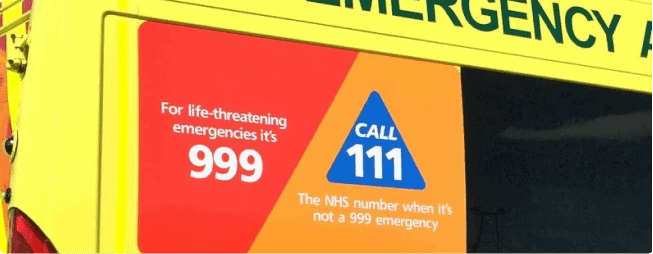
In the event of an emergency, it is critical to have access to emergency hotline numbers like 999 or 112, which connect you to emergency services such as police, fire, and medical aid. Keep these numbers in your phone so they are easily available in an emergency.
Here are some important emergency numbers and hotlines:
-
- Emergency Services: Dial 999 or 112 for immediate assistance from the police, fire department, ambulance service, or coastguard in case of emergencies requiring urgent attention.
- Non-Emergency Police: If the situation is not life-threatening or requires immediate assistance, you can contact the police non-emergency line at 101.
- NHS 111: For urgent medical advice or assistance when it’s not a life-threatening situation but requires prompt attention, you can call NHS 111 for medical help and guidance.
- London Ambulance Service: The London Ambulance Service provides emergency medical assistance and can be reached by dialling 999 in case of medical emergencies.
- National Domestic Abuse Helpline: If you or someone you know is experiencing domestic abuse or violence, you can call the National Domestic Abuse Helpline at 0808 2000 247 for support and assistance.
- Samaritans: The Samaritans offer emotional support and listening services for anyone in distress or experiencing feelings of despair or suicidal thoughts. You can reach them at 116 123, 24 hours a day, 7 days a week.
- Gas Emergency: In case of a gas leak or emergency, contact the National Gas Emergency Service on 0800 111 999 immediately. Do not use electrical switches or naked flames if you suspect a gas leak.
- Electricity Emergency: For electricity-related emergencies, such as power outages or dangerous situations involving electrical infrastructure, contact your local electricity distribution network operator. You can find their contact details on your electricity bill or their website.
- Water Emergency: In case of water supply emergencies, such as burst pipes or flooding, contact your water supplier. You can find their emergency contact number on your water bill or their website.
- Transport for London (TfL): For emergencies on public transportation, such as accidents or medical emergencies on buses, trains, or the London Underground, contact Transport for London (TfL) on 0343 222 1234.
Poison Control Information
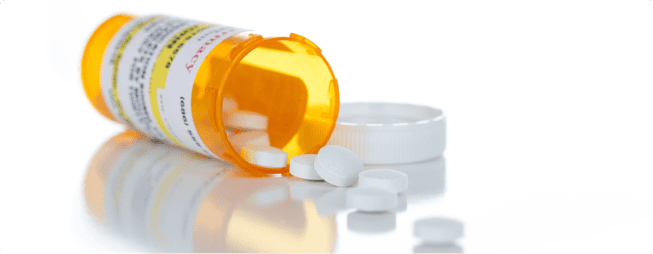
Offer expert advice and aid in cases of poisoning or harmful exposure. Keep your local poison control centre’s contact information handy, and follow their instructions in the event of a poisoning emergency.
Natural Disaster Preparedness Tips
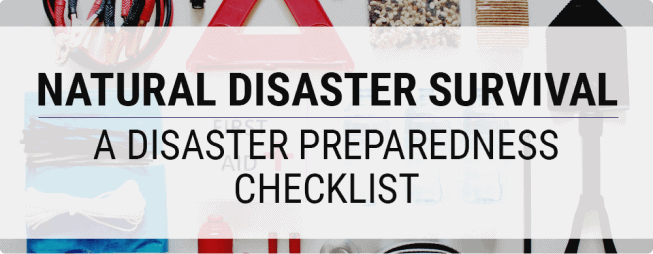
- Prepare for natural catastrophes in your area, including hurricanes, earthquakes, floods, and wildfires.
- Pack an emergency kit with necessary supplies such as food, water, prescriptions, first aid supplies, and emergency contact information.
- Create a family emergency plan that includes evacuation routes, meeting locations, and communication procedures in case of separation during a disaster.
- Follow local weather alerts and authorities’ directions for evacuation or shelter-in-place.
First Responder Contact Details

First responders play an important role in delivering timely reactions and medical care in emergencies. Memorize or have contact information for local first responder agencies, such as ambulances, fire departments, and police stations, readily available.
Roadside Assistance Services
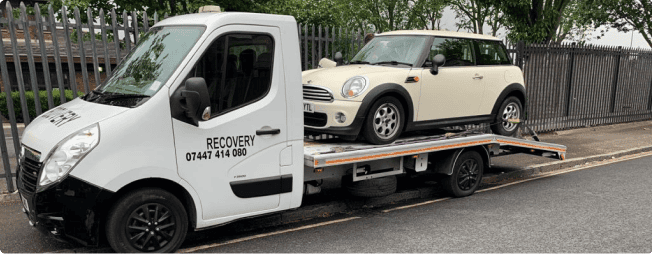
Roadside assistance services can give immediate aid and support in the event of a vehicle breakdown or accident. Consider joining a roadside assistance program or becoming acquainted with local towing businesses to ensure fast assistance in the event of a roadside emergency.
Urgent Care Guidelines
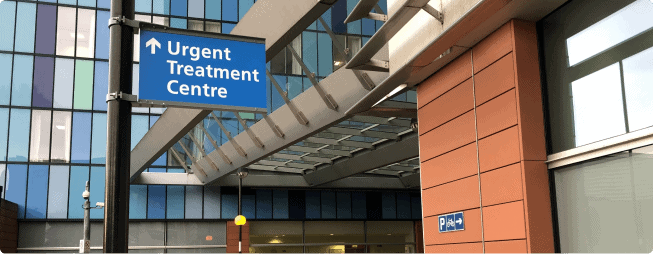
Urgent care centres provide medical care for non-life-threatening conditions that require immediate attention but are not serious enough to necessitate a trip to the emergency department. Understand the services offered by urgent care clinics and when to seek urgent care over emergency treatment for your medical requirements.
Emergency Training Workshops
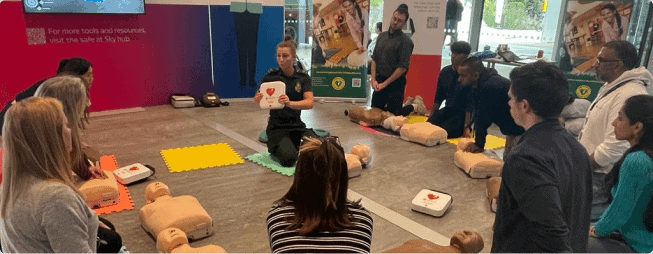
Attending emergency training seminars, such as CPR and first aid classes, can provide you with vital skills and knowledge for responding effectively to medical situations. Look for local organizations or community centres that provide these training classes and consider participating to improve your preparation.
Public Safety Alerts
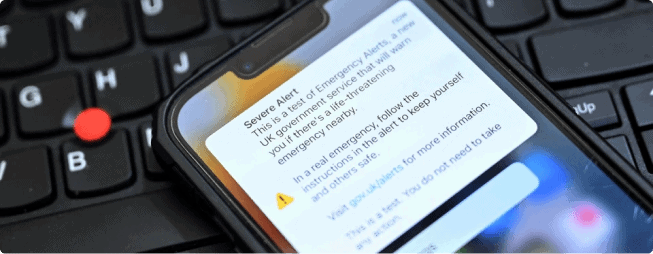
Stay up to date on public safety notifications issued by local authorities regarding potential hazards or threats in your region. Sign up for emergency alert services, such as text message alerts or smartphone applications, to get timely updates about emergencies in your area.
Blood Donation Centers
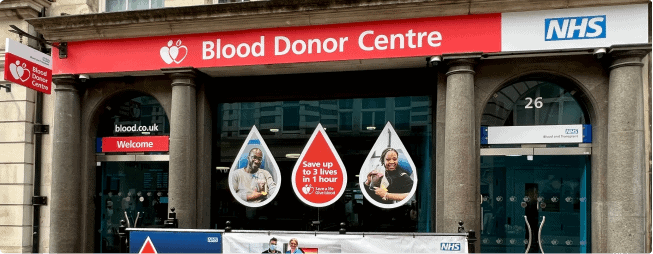
Blood donation clinics play an important role in giving lifesaving blood products to individuals in need, especially during emergencies or medical crises. Consider registering as a blood donor and donating blood regularly to help fund important healthcare and emergency medical services.
What to Look Out For
- Dial 999 for immediate assistance from police, fire, or ambulance services in case of emergencies
- Familiarize yourself with the nearest hospitals and their emergency departments (A&E) for urgent medical care.
- Use the non-emergency number 111 for medical advice and guidance on non-urgent health issues.
- Locate nearby police stations for assistance with crime reports, lost property, and community safety concerns.
- Know the nearest fire stations and their contact information for fire safety advice and non-emergency inquiries.
- Be aware of local walk-in clinics and urgent care centres for minor injuries and illnesses.
- Register with a local GP (General Practitioner) for non-emergency medical care and regular check-ups.
- Understand how to report utility emergencies such as gas leaks, electrical faults, and water supply issues.
- Learn about local mental health crisis services and helplines for urgent psychological support.
- Stay informed about community support organizations that provide emergency housing, food, and financial assistance.
